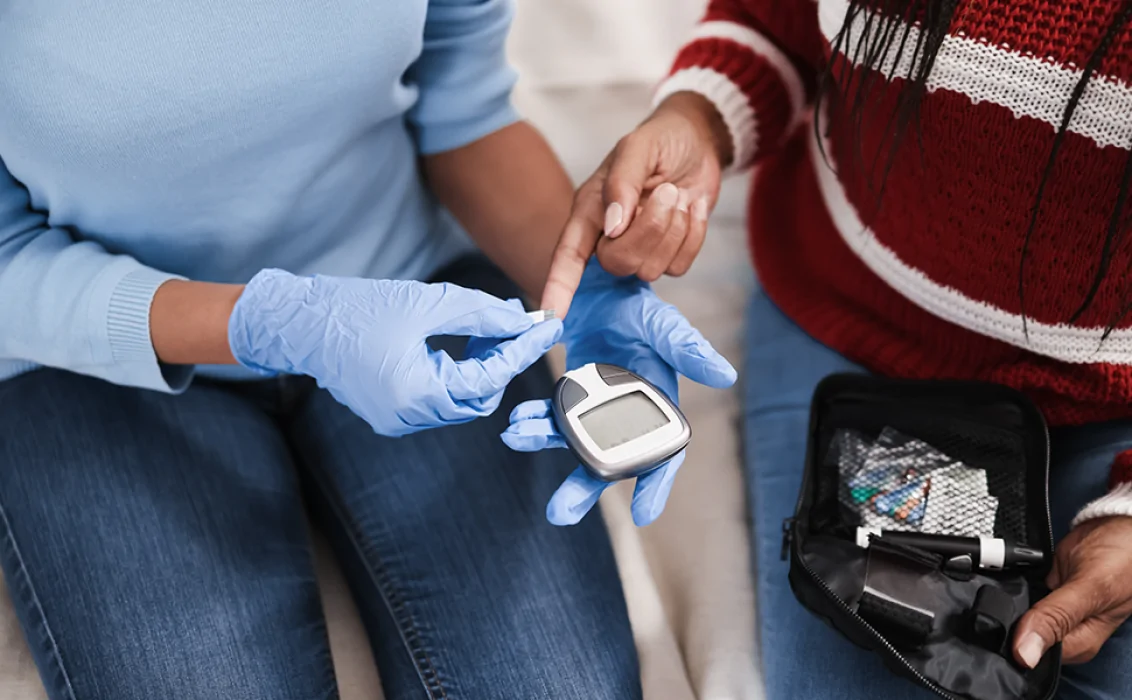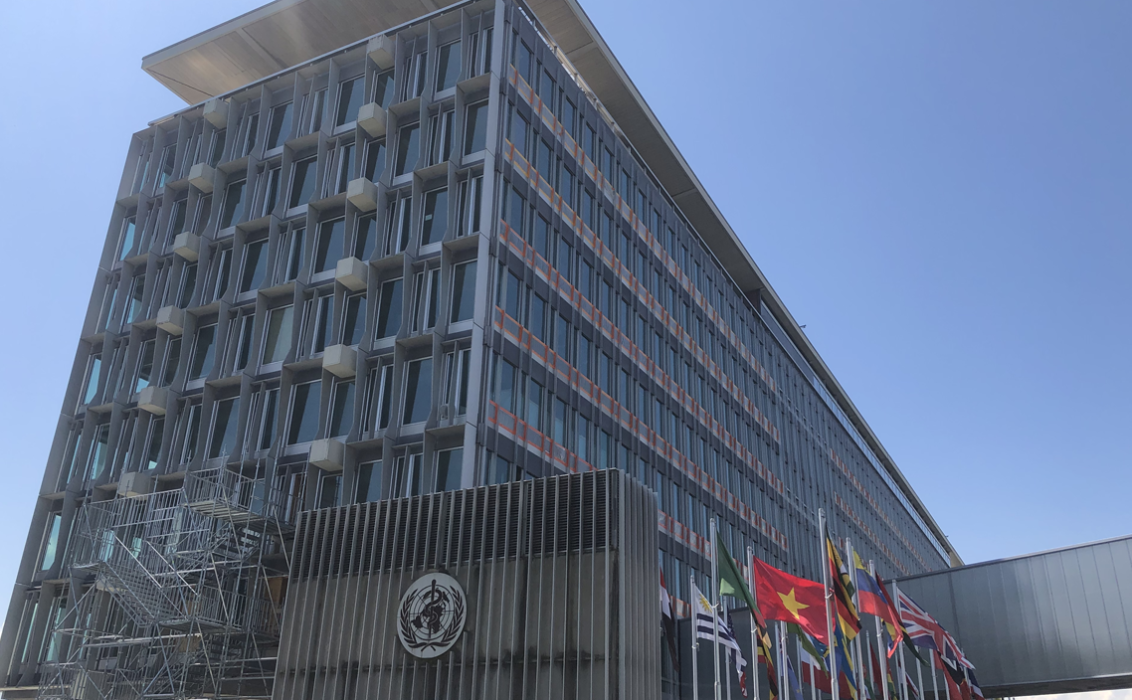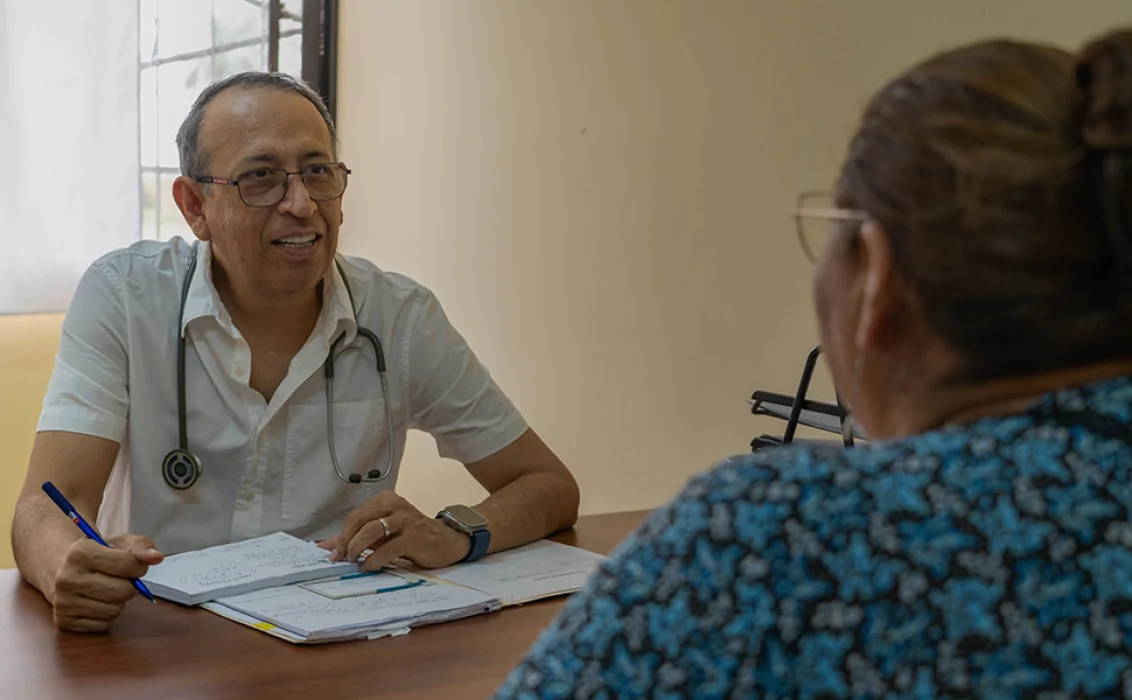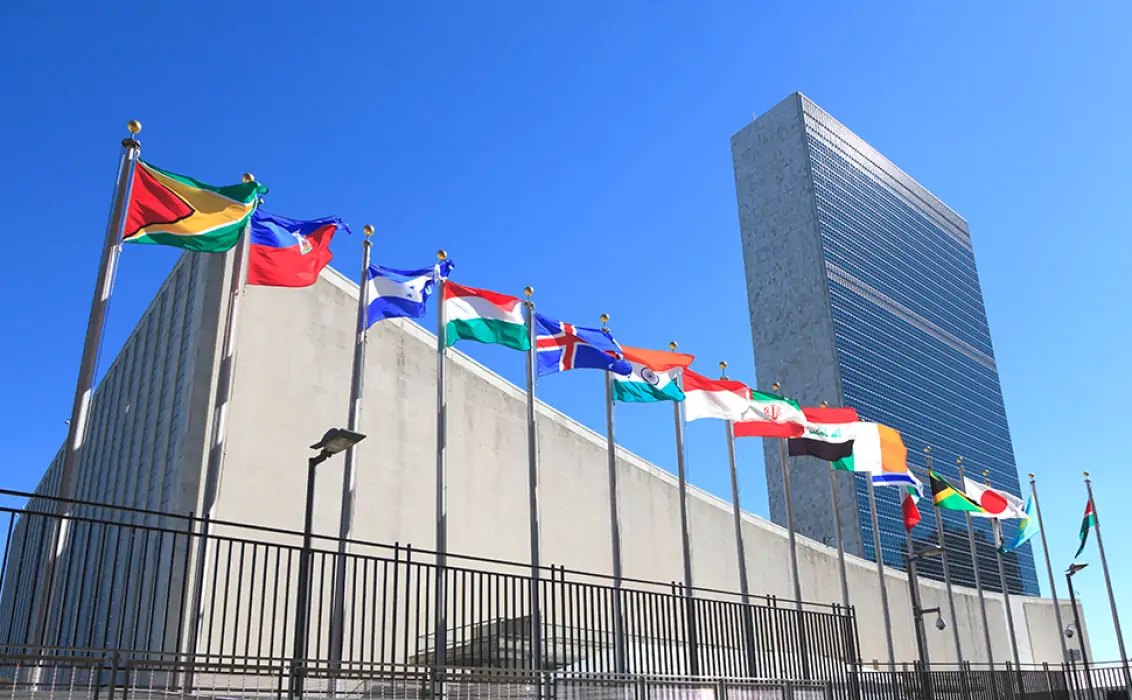On 28 August, during the 74th session of the World Health Organization (WHO) Regional Committee for Africa in Brazzaville, Republic of Congo, the WHO African Region adopted a framework for the implementation of the Global Diabetes Compact in the 47 WHO AFR Member States. This adoption reflects the commitment of global diabetes stakeholders to prevent diabetes and diabetes-related complications and represents a significant step in addressing the growing diabetes burden across the region and promoting progress towards achieving the global coverage targets for diabetes.
Over 24 million people are currently living with diabetes in the Africa region, with more than half (54%) of cases undiagnosed. The region is set to register the largest increase in number of people with diabetes by 2045.
The framework endeavours to strengthen primary healthcare services and prioritise the most vulnerable populations for equitable, comprehensive diabetes care. It aims to prevent and manage diabetes by reducing the risk factors and working towards the achievement of the global coverage targets for diabetes through the implementation of localised and cost-effective programmes in WHO AFR Member States.
The objectives are to:
- Strengthen leadership, governance and financing for diabetes, including by empowering people living with diabetes in the region
- Enhance prevention by addressing social determinants of health and promote healthy lifestyles
- Increase access to quality and affordable diabetes services, technologies and medicines, focusing on integrating diabetes care at the primary and community healthcare levels through the WHO PEN, HEARTS and PEN-Plus interventions
- Strengthen diabetes surveillance, monitoring, evaluation and research
The document proposes several intermediate milestones for 2026 and 2028, with targets by 2030. These targets are the same as the global diabetes coverage targets agreed upon in 2022, with two new targets for the Africa Region, targets 1 and 7.
- all Member States have adapted and are using WHO PEN and PEN-Plus;33
- 80% of people with diabetes are diagnosed;
- 80% of people with diagnosed diabetes have good control of glycaemia;
- 80% of people with diagnosed diabetes have good control of blood pressure;
- 60% of people with diabetes aged 40 years or older receive statins;
- 100% of people with type 1 diabetes have access to affordable insulin and blood glucose self-monitoring;
- 80% of diagnosed TB cases in all 47 Member States undergo diabetes screening.
The International Diabetes Federation (IDF) stands ready to support WHO and Member States in the implementation of this framework, which has the potential to improve diabetes prevention and management in the African region.
About the WHO Regional Committee
The Regional Committee is the WHO decision-making body in the region. It convenes once a year to discuss and endorse policies, activities and financial plans to improve overall health and health outcomes in Africa.



